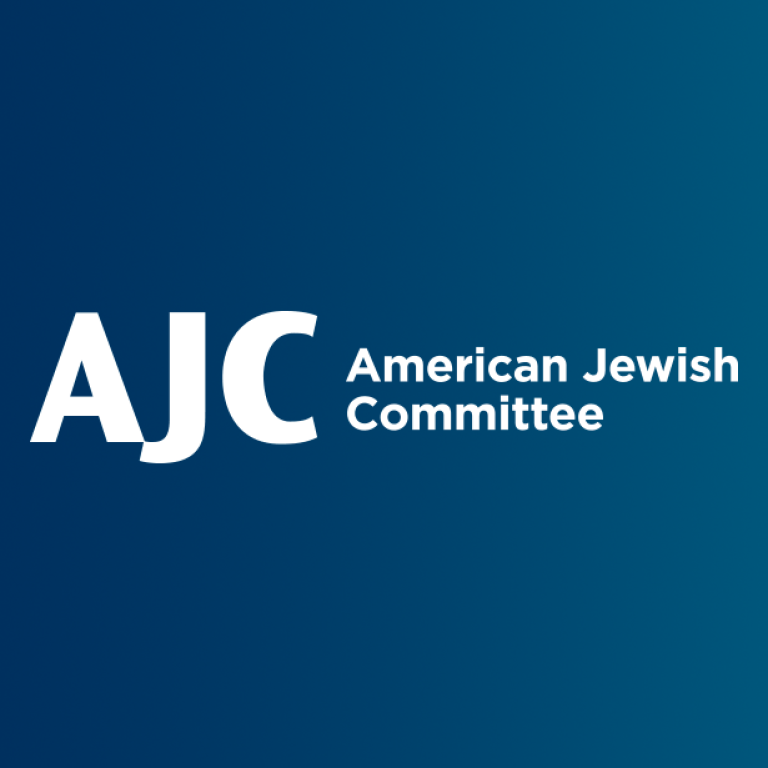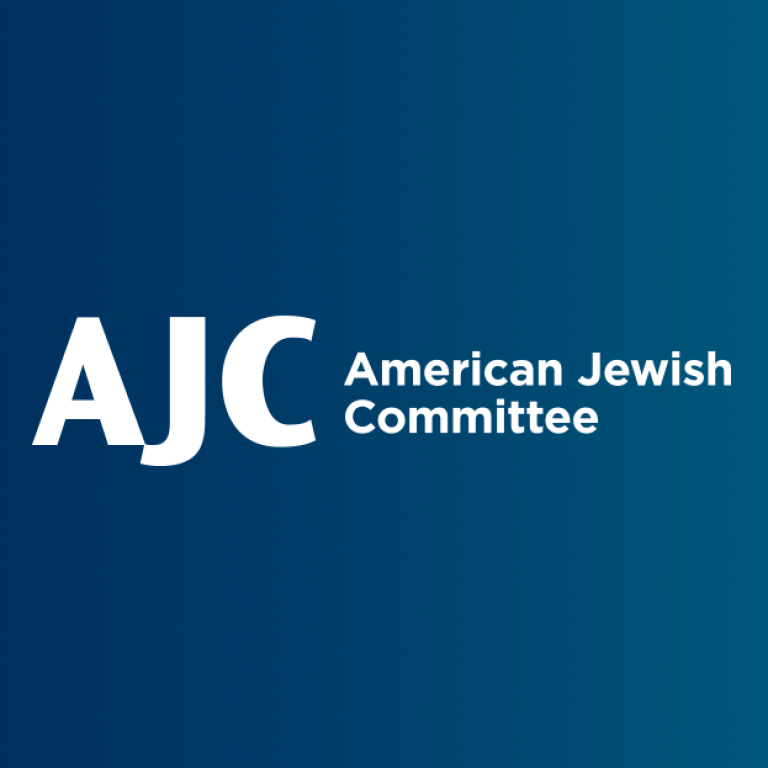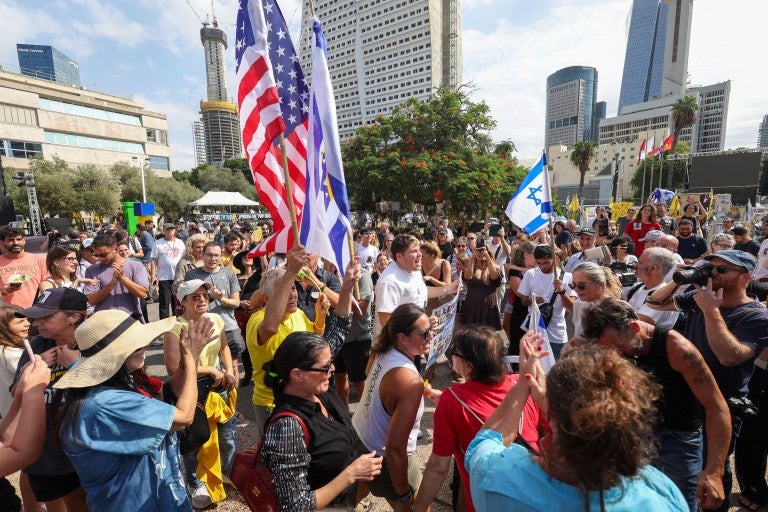October 17, 2025
Update: Since the release of the 20 surviving hostages on October 13, and nine of the 28 deceased hostages, and Israel has released 2,058 Palestinian prisoners in exchange for the hostages.
Background
On October 10, Israel released the names of 250 Palestinian security prisoners slated for release under the U.S.-backed Gaza ceasefire-hostage deal and began notifying families whose loved ones’ killers are set to go free. Approved by the Israeli cabinet on October 9, the list includes members of Hamas, Palestinian Islamic Jihad, Fatah, and the Popular Front for the Liberation of Palestine (PFLP), all responsible for dozens of deadly attacks. Key figures demanded by Hamas, including Marwan Barghouti—the mastermind of the Second Intifada serving five life sentences—are excluded.
The release is part of the first phase of a broader hostage and ceasefire agreement negotiated under the 20-Point Peace Plan, brokered by the United States and supported by regional partners. Under the agreement, Israel will exchange more than 1,950 Palestinian prisoners, including 250 who are serving life sentences for deadly attacks, as well as 1,700 Palestinians arrested since October 7, 2023, for the remaining 48 hostages in Gaza, 20 of whom are believed to be alive.
Breakdown of Releases
Of the 250 prisoners, 15 will be released to East Jerusalem, 100 to the West Bank, and 135—convicted of murder or weapons offenses—are set for deportation to Gaza or elsewhere. In addition, 1,700 Gazans detained after—but not involved in—the Hamas-led October 7 attack will be freed, either returning to the Strip or exiled abroad.
High-Profile Prisoners Remain Excluded
Prominent terrorists not included are Barghouti, Ahmad Sa’adat, Ibrahim Hamed, Abbas al-Sayed, and Hassan Salameh. Hamas continues to insist that Barghouti’s release is central to negotiations, highlighting his broad appeal among Palestinians and potential role in future Palestinian Authority leadership.
Prominent prisoners slated for release:
- Imad Qawasmeh, 52 (Hamas) – convicted for the 2004 Beersheva bus bombing that killed 16 Israelis; designated for deportation
- Qassem Aref Khalil al-Asafreh, 36 (Hamas) – involved in 2019 stabbing murder of yeshivah student Dvir Sorek; designated for deportation
- Muhammad Aref Samhan, 55 (Fatah/Al-Aqsa Martyrs Brigades) – responsible for 2003 Jerusalem bus bombing killing 23; deported
- Ibrahim Muhammad al-Raai, 46 (Fatah/Tanzim) – responsible for 2006 Nablus bombing and multiple shooting attacks
- Rashid Mahmoud Omar, 48 (Fatah) – convicted of murder of a Palestinian collaborator; will remain in West Bank
- Raad Abd al-Aziz, 45 (Fatah) – convicted of murder, attempted murder, and weapons offenses; designated for deportation
- Omar Mahmoud Bassis, 60 (Palestinian Islamic Jihad) – responsible for explosives attacks during Second Intifada; designated for release
- Arafat Hamid Zir, 43 (Islamic Jihad) – convicted of aiding and inciting murder; released to West Bank
- Faisal Mahmoud Abdullah Khalifa, 43 (Hamas) – jailed since December 2024 for weapons and conspiracy offenses; released locally
- Firas Sadiq Muhammad Ghanem, 51 (Fatah/Al-Aqsa Martyrs Brigades) – responsible for attacks causing 9 Israeli deaths; deported
- Ibrahim al-Hani, 54 (Popular Front) – involved in Second Intifada attacks; deported
- Ibrahim al-Qam, 53 (Popular Front) – serving two life sentences; deported
- Atiyah Abu Samhadana, 56 (Fatah) – veteran Rafah operative; sentenced 30 years, ending now
- Iyad Muhammad Abu al-Rub, 51 (Palestinian Islamic Jihad) – senior PIJ commander in Jenin; responsible for suicide bombings; deported
- Alaa al-Din al-Karki, 52 (Hamas) – jailed since 1993 for multiple attacks; deported
Prominent terrorists not included in the release:
- Marwan Barghouti – Fatah leader, Tanzim chief jailed for multiple murders; central to Hamas negotiations.
- Ahmad Sa’adat – Secretary-General of the Popular Front for the Liberation of Palestine.
- Ibrahim Hamed – Hamas West Bank commander; serving 45 life terms for killings during the Second Intifada.
- Abbas al-Sayed – Orchestrated the 2002 Park Hotel bombing in Netanya, killing 39 Israelis.
- Hassan Salameh – Hamas operative; serving 48 life terms for multiple suicide bombings.
Palestinian Prisoners Released in January 2025 Hostage and Ceasefire Deal
As part of the first phase of the U.S.-backed January 2025 Gaza hostage and ceasefire deal, Israel exchanged more than 1,900 Palestinian security prisoners for 33 hostages still held in Gaza over 42 days. Among those released were 737 detainees and security prisoners, many serving life sentences for murder, as well as over 1,000 Gazans detained for alleged ties to Hamas. All releases were contingent on Hamas freeing the remaining hostages.
The exchange included Palestinian prisoners held prior to October 7, 2023, alongside 47 Palestinians re-arrested after the 2011 Gilad Shalit deal. Most of the Palestinians released were Gazans detained during Israeli operations to remove Hamas elements or influence, while a portion were convicted of past terror attacks.
Notable terrorists slated for release included:
- Zakaria Zubeidi, former Jenin commander of the Al-Aqsa Martyrs’ Brigades, involved in shootings and a bombing that killed six people at a 2002 polling station;
- Iyad Jradat and Ahmed Dahiri, PIJ operatives responsible for terror attacks in 2003;
- Mahmoud Atallah, serving life plus 15 years for killing a Palestinian woman suspected of collaboration, and recently indicted for sexual abuse;
- Wael Qissam, Wissam Abbasi, and Muhammad Odeh, Hamas Silwan Squadron members behind five bombings in 2002 that killed 35 and wounded hundreds;
- Ahmed Barghouti, operational commander of Al-Aqsa Martyrs’ Brigades, tied to multiple deadly attacks;
- Khalida Jarrar, PFLP lawmaker convicted of multiple terror acts, including a 2019 bombing killing a 17-year-old girl;
- Khalil Jabarin, who murdered Ari Fuld in 2018;
- Mohammed Abu Warda, responsible for the 1996 Jerusalem bus bombing killing 44 and Ashkelon attack;
- Ismail Radideh, Force 17 member, convicted of multiple murders and plots;
- Ashraf Abu-Srour, convicted for killing IDF soldier Shahar Vekart in 2000.
This unprecedented prisoner swap marked the first phase of the Gaza ceasefire-hostage deal, highlighting the complex trade-offs Israel navigated to secure the release of hostages while managing security and political implications.





